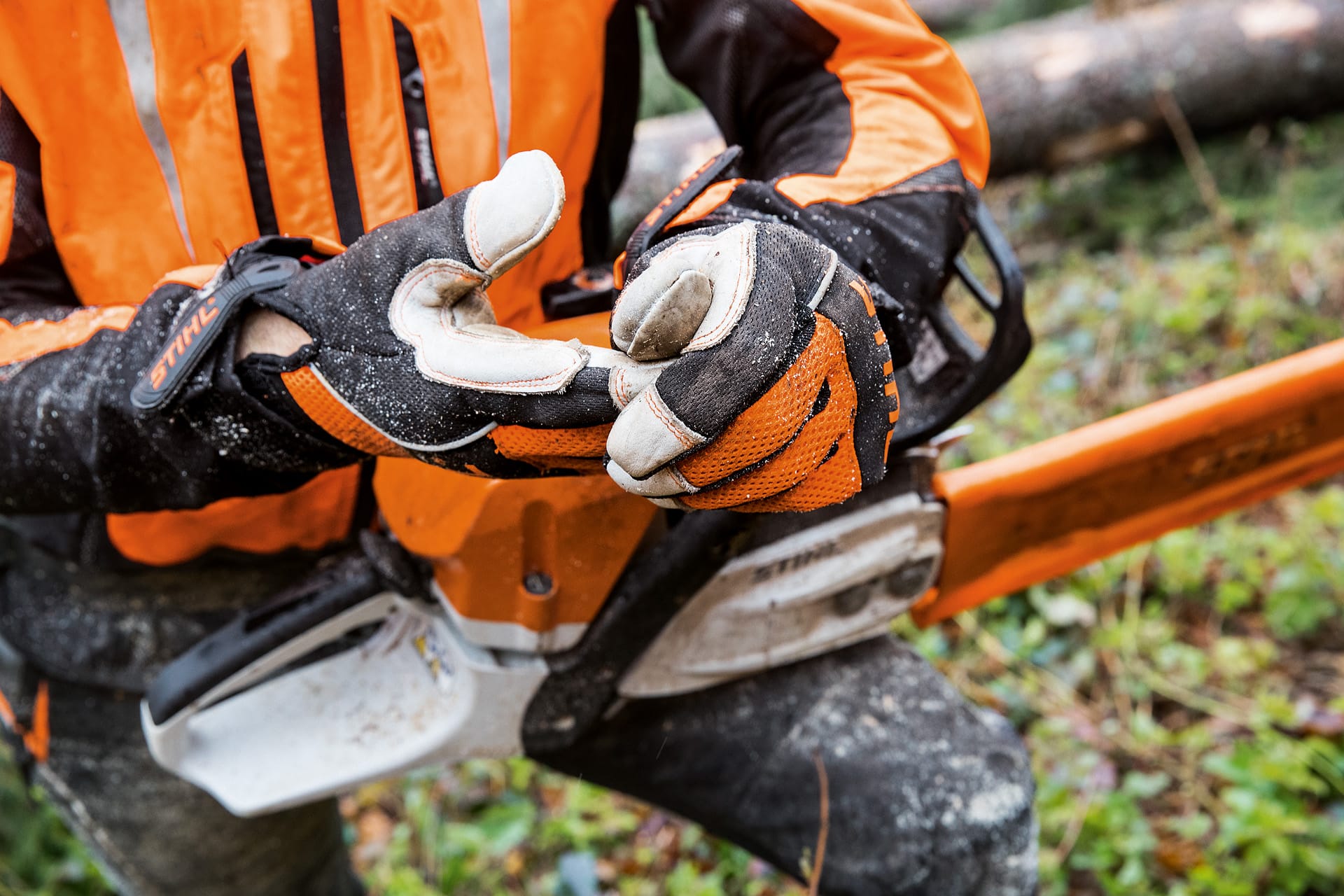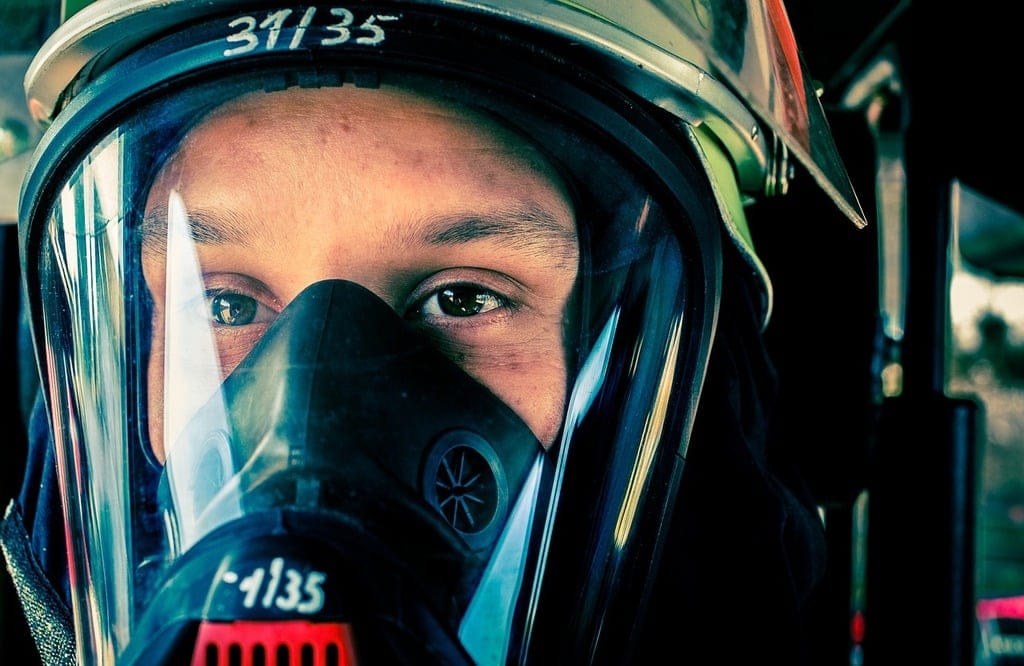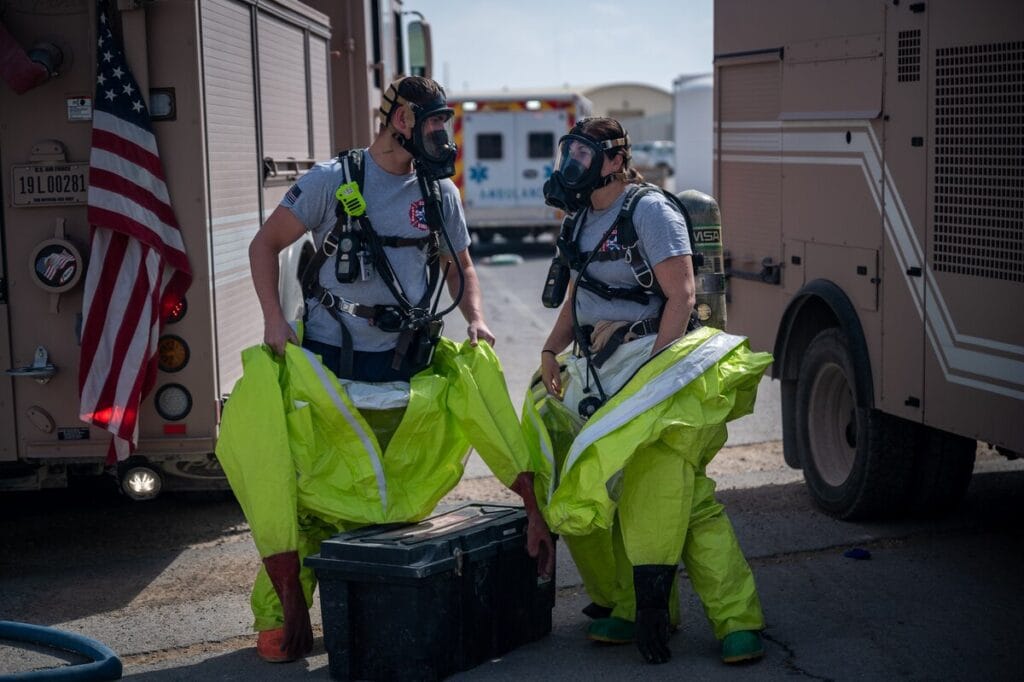
When I first started working in the PPE industry, I learned quickly that negotiating with suppliers in emerging markets is an art. It’s not just about haggling for the lowest price—it’s about understanding local customs, establishing trust, and creating long-term relationships that benefit both sides.
Whether you’re sourcing PPE for Central Asia, the Middle East, Africa, or South America, negotiating effectively can make or break your business. The best buyers know how to navigate complex supplier relationships, manage expectations, and secure favorable terms for every deal.
In this guide, we’ll dive into practical negotiation strategies that work in emerging markets and help you lock in profitable deals without compromising on quality.
Successful PPE negotiation in emerging markets involves understanding local supplier expectations, using volume leverage, negotiating flexible payment terms, and maintaining clear communication. Avoid pushing too hard on price without considering quality, lead times, and warranty terms.
Why Effective Negotiation Matters
1. Protecting Profit Margins
- Why it matters: In emerging markets, the initial price might seem low, but hidden costs like shipping, taxes, and compliance fees can eat into profits.
- Example: A South African distributor got a low FOB price for hi-vis vests but ended up paying 20% more in import duties than expected due to miscommunications.
- Tip: Always ask for a full breakdown of costs, including shipping, certification, and customs clearance.
2. Securing Better Payment Terms
- Why it matters: In emerging markets, upfront payments are common, but negotiating favorable payment terms can improve cash flow and reduce financial strain.
- Example: A Middle Eastern buyer negotiated 30-day payment terms instead of pre-payment for a bulk order of safety boots, freeing up capital for other projects.
- Tip: If you’re making a larger order, try negotiating for part-payment agreements or credit terms to ease cash flow.
3. Avoiding Delivery Delays
- Why it matters: Delays are common in international trade, but suppliers who offer more flexible lead times or penalties for late deliveries can ensure your PPE arrives on time.
- Example: A Nigerian buyer secured penalty clauses for late deliveries, ensuring that the supplier would cover costs if PPE wasn’t delivered on schedule.
- Tip: Always have clear terms for delivery timeframes and penalties for non-compliance.
4. Establishing Long-Term Relationships
- Why it matters: Building trust and consistent business with suppliers ensures you get priority status, faster delivery, and better after-sales support.
- Example: A Brazilian PPE distributor increased order volumes after offering consistent orders, resulting in a 10% discount on all future purchases.
- Tip: Focus on long-term partnerships rather than short-term savings. Commit to a supplier for long-term contracts with incremental increases.
Key Negotiation Tactics for PPE in Emerging Markets
1. Understand the Local Market Dynamics
- Why it matters: Each market has different cultural practices, business norms, and negotiation tactics. Understanding these helps in building trust and ensuring smoother deals.
- Example: In many African countries, personal relationships and mutual respect are highly valued in negotiations, often leading to better outcomes if you invest time in relationship building.
- Tip: Take the time to understand local business customs, meet suppliers face-to-face if possible, and use intermediaries where necessary.
2. Use Volume Leverage
- Why it matters: Suppliers in emerging markets often offer better prices for larger orders, but starting small and gradually increasing volume can help you test quality and gauge supplier reliability.
- Example: A Middle Eastern buyer initially placed small orders for PPE but committed to larger volumes after the supplier met quality standards.
- Tip: Negotiate tiered pricing—agree on a price for small quantities and ensure that the price decreases as you increase order volume over time.
3. Don’t Focus Only on Price
- Why it matters: Focusing solely on price can lead to sacrifices in quality, lead times, and after-sales support.
- Example: A South American distributor once pushed for a 15% price reduction on helmets, only to receive substandard quality, resulting in a product recall.
- Tip: Focus on the total value of the deal. Price, quality, delivery time, and warranty terms should all be part of your negotiation conversation.
4. Clarify Lead Times and Delivery Terms
- Why it matters: One of the biggest issues buyers face is unpredictable lead times. Being clear about delivery expectations and penalties for late shipments ensures you aren’t left in a bind.
- Example: A Kenyan distributor added clear delivery time penalties to a contract with a Chinese supplier to ensure timely deliveries for an important government project.
- Tip: Always specify lead times and add penalties if delivery dates aren’t met. This keeps the supplier accountable and can help reduce delays.
Real-World Buyer Cases
Case #1 – Argentine PPE Distributor
Negotiated a price decrease of 10% by committing to buy over 50,000 pairs of gloves. After proving their market demand, they negotiated even better terms for future bulk orders.Case #2 – Indian PPE Importer
Asked for extended payment terms on a large order of work boots, securing 60 days’ credit for payment, which helped balance cash flow during peak buying season.Case #3 – Moroccan Construction Supplier
Negotiated with a Chinese supplier for additional features (e.g., reinforced stitching and customizable colors) in their safety vests without paying extra, by committing to a long-term supply contract.
Buyer FAQ
Q1: How can I avoid overpaying for PPE in emerging markets?
A: Always ask for full cost breakdowns and compare with similar products in the region. Don’t hesitate to negotiate on non-price terms like delivery or warranty.
Q2: Should I always buy large quantities to get better deals?
A: Only after you’ve tested the product quality and reliability of the supplier. Start small and scale based on positive feedback.
Q3: How do I handle delivery delays without damaging my relationship with the supplier?
A: Set clear expectations for lead times, and agree on penalties for missed deadlines to keep the supplier accountable without jeopardizing the relationship.
Procurement Checklist
- [ ] Research local supplier expectations and business practices
- [ ] Start small and negotiate tiered pricing for larger future orders
- [ ] Request and review full breakdowns of cost, including shipping, duties, and certifications
- [ ] Agree on flexible payment terms and delivery expectations
- [ ] Build long-term relationships with key suppliers
Conclusion
Negotiating PPE deals in emerging markets is about more than just getting the lowest price. It’s about building relationships, securing favorable terms, and ensuring product quality and delivery reliability. By using smart negotiation tactics, you can grow your business with trusted suppliers and lock in long-term contracts that benefit both sides.
📩 Need PPE negotiation strategies for emerging markets?
Email: [email protected]
🌐 www.workwearsolutions.net
Zion Zhang
Recent Posts
 PPE Distributor Success Stories: From Small Orders to Large Contracts2025年8月20日I’ll never forget the story of a small distributor in […]
PPE Distributor Success Stories: From Small Orders to Large Contracts2025年8月20日I’ll never forget the story of a small distributor in […] How to Build a Strong PPE Sales Channel in Emerging Markets: A Buyer’s Guide2025年8月20日I was in a meeting with a distributor from Lagos, Nigeria, […]
How to Build a Strong PPE Sales Channel in Emerging Markets: A Buyer’s Guide2025年8月20日I was in a meeting with a distributor from Lagos, Nigeria, […] PPE Supplier Risk Management: How to Avoid Supply Chain Failures2025年8月20日One of the most valuable lessons I’ve learned in the PPE […]
PPE Supplier Risk Management: How to Avoid Supply Chain Failures2025年8月20日One of the most valuable lessons I’ve learned in the PPE […] PPE Quality Inspection: Buyer Case Studies2025年8月20日When you’re sourcing PPE from international suppliers, […]
PPE Quality Inspection: Buyer Case Studies2025年8月20日When you’re sourcing PPE from international suppliers, […] Customizing Workwear & PPE for Local Markets: A Practical Guide2025年8月20日When I first started working in the PPE industry, I saw a […]
Customizing Workwear & PPE for Local Markets: A Practical Guide2025年8月20日When I first started working in the PPE industry, I saw a […] Avoiding Fake Certificates & Compliance Delays: A Buyer’s Guide for Emerging Markets2025年8月20日I remember a trade fair in Cairo where a buyer was showing […]
Avoiding Fake Certificates & Compliance Delays: A Buyer’s Guide for Emerging Markets2025年8月20日I remember a trade fair in Cairo where a buyer was showing […]
CONTACT US
- Feel free to contact us any time. We will get back to you as soon as we can!
- +86-17330061805
